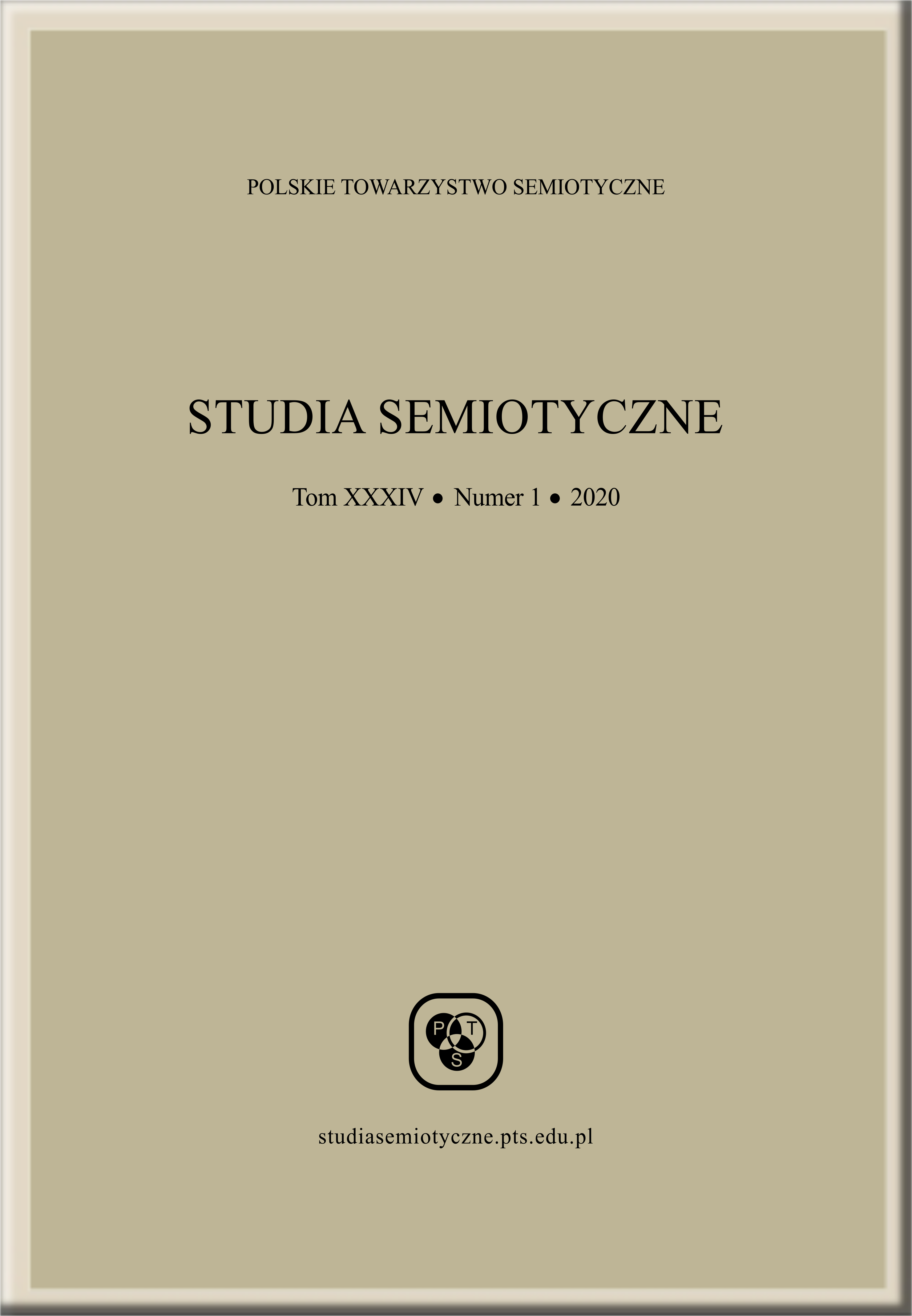Abstrakt
DOI: http://doi.org/10.26333/sts.xxxiv1.10
In his 1951 Gibbs Memorial Lecture, Kurt Gödel put forth his famous disjunction that either the power of the mind outstrips that of any machine or there are absolutely unsolvable problems. The view that there are no absolutely unsolvable problems is optimism, the view that there are such problems is pessimism. In his 1995—and, revised in 2013—Verificationism Then and Now, Per Martin-Löf presents an illustrative argument for a constructivist form of optimism. In response to that argument, Solomon Feferman points out that Martin-Löf’s reasoning relies upon constructive understandings of key philosophical notions. In the vein of Feferman’s analysis, one might be object to Martin-Löf’s argument for either its reliance upon constructivist (as opposed to classical) considerations, or for its appeal to non-unproblematically mathematical premises. We argue that both of these responses fall short. On one hand, to be critical of Martin-Löf’s reasoning for its constructiveness is to reject what would otherwise be a scientific advance on the basis of the assumption of constructivism’s falsehood or implausibility, which is of course uncharitable at best. On the other hand, to object to the argument for its use of non-unproblematically mathematical premises is to assume that there is some philosophically neutral mathematics, which is implausible. Martin-Löf’s argument relies upon his third law, the claim that from the impossibility of a proof of a proposition we can construct a proof of its negation. We close with a discussion of some ways in which this claim can be criticized from the constructive point of view. Specifically, we contend that Martin-Löf’s third law is incompatible with what has been called “Poincaré’s Principle of Epistemic Conservation”, the thesis that genuine increase in mathematical knowledge requires subject-specific insight.
Bibliografia
Artemov, S. (2016). Knowing the Model. Retrieved from: https://arxiv.org/pdf/1610.04955.pdf
Artemov, S. (2019). The Provability of Consistency. Retrieved from: https://arxiv.org/pdf/1902.07404.pdf
Balaguer, M. (1998). Platonism and Anti-Platonism in Mathematics. Oxford: Oxford University Press.
Clarke-Doane, J. (2013). What is Absolute Undecidability? Noûs, 7(3), 467–481.
Detlefsen, M. (1990). Brouwerian Intuitionism. Mind, 99(369), 501–534.
Feferman, S. (2006). Are There Absolutely Unsolvable Problems? Gödel’s Dichotomy. Philosophia Mathematica, 14(2), 134–152.
Franzén, T. (2017). Inexhaustibility: A Non-Exhaustive Treatment. Cambridge: Cambridge University Press.
Gödel, K. (1995). Some Basic Theorems on the Foundations of Mathematics and Their Implications. In S. Feferman et al. (eds.), Collected Works: Volume III: Unpublished Essays and Lectures (pp. 304–323). Oxford University Press.
Hilbert, D. (1902). Mathematical Problems: Lecture Delivered Before the International Congress of Mathematicians at Paris in 1900. Bulletin of the American Mathematical Society, 8, 437–479.
Horsten, L. & Welch, P. (2016). Gödel’s Disjunction: The Scope and Limits of Mathematical Knowledge. Oxford: Oxford University Press.
Kripke, S. A. (1976). Is There a Problem About Substitutional Quantification? In J. McDowell, G. Evans (Eds), Truth and Meaning: Essays in Semantics (pp. 324–419). Oxford: Oxford University Press.
Lucas, J. R. (1961). Minds, Machines and Gödel. Philosophy, 36(137), 112–127.
Martin-Löf, P. (2013). Verificationism Then and Now. In M. van der Schaar (Ed.), Judgement and the Epistemic Foundation of Logic (pp. 3–14). New York: Springer.
Penrose, R. (1989). The Emperor’s New Mind: Concerning Computers, Minds, and the Laws of Physics. Oxford: Oxford University Press.
Penrose, R. (1994). Shadows of the Mind: A Search for the Missing Science of Consciousness. Oxford: Oxford University Press.
Poincaré, H. (2012). The Value of Science: Essential Writings of Henri Poincaré. New York: Modern Library.
Reichenberger, A. (2019). From Solvability to Formal Decidability: Revisiting Hilbert’s “Non-Ignorabimus”. Journal of Humanistic Mathematics, 9(1), 49–80.
Schopenhauer, A. (1997). On the Fourfold Root of the Principle of Sufficient Reason. Chicago: Open Court.
Shapiro, S. (1998). Incompleteness, Mechanism, and Optimism. Bulletin of Symbolic Logic, 4(3), 273–302.
Williamson, T. (2016). Absolute Provability and Safe Knowledge of Axioms. In L. Horsten, P. Welch (Eds.), Gödel’s Disjunction: The Scope and Limits of Mathematical Knowledge (pp. 243–253). Oxford: Oxford University Press.


